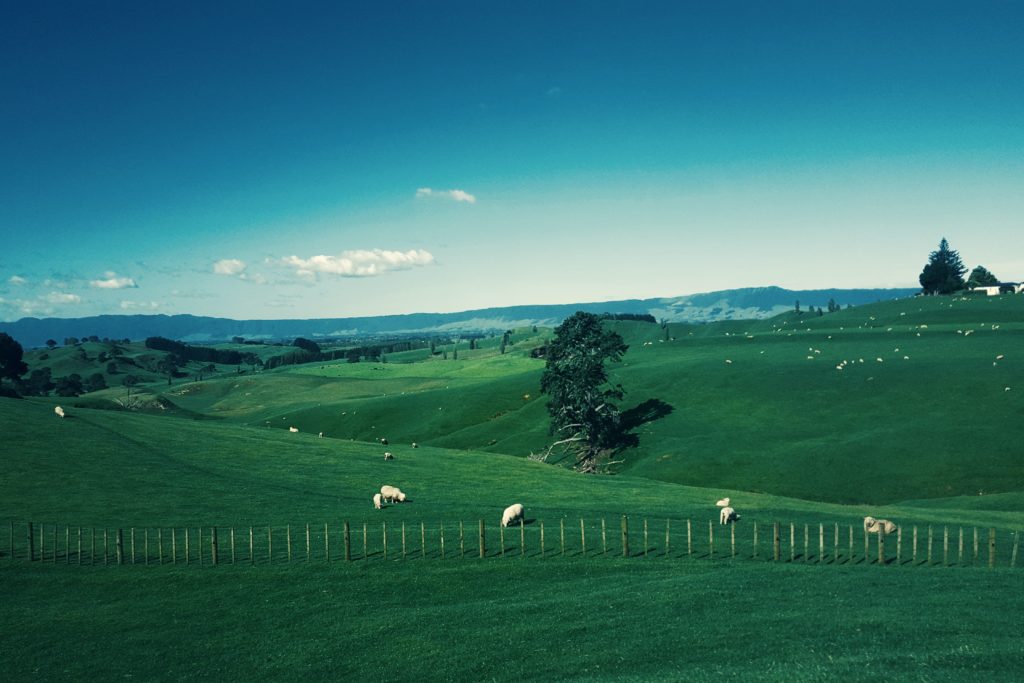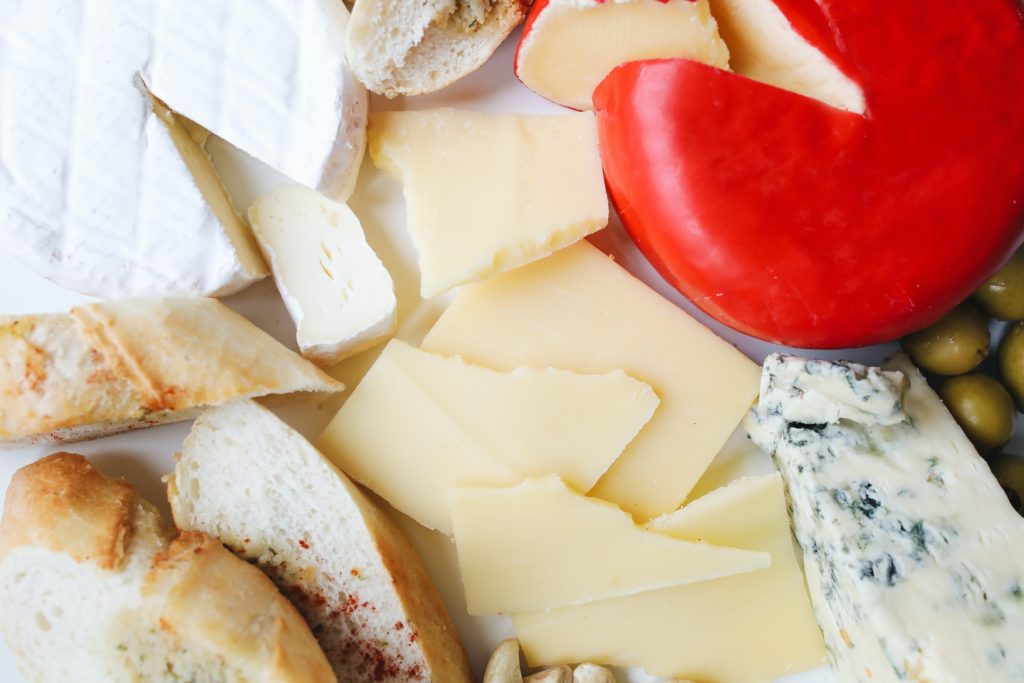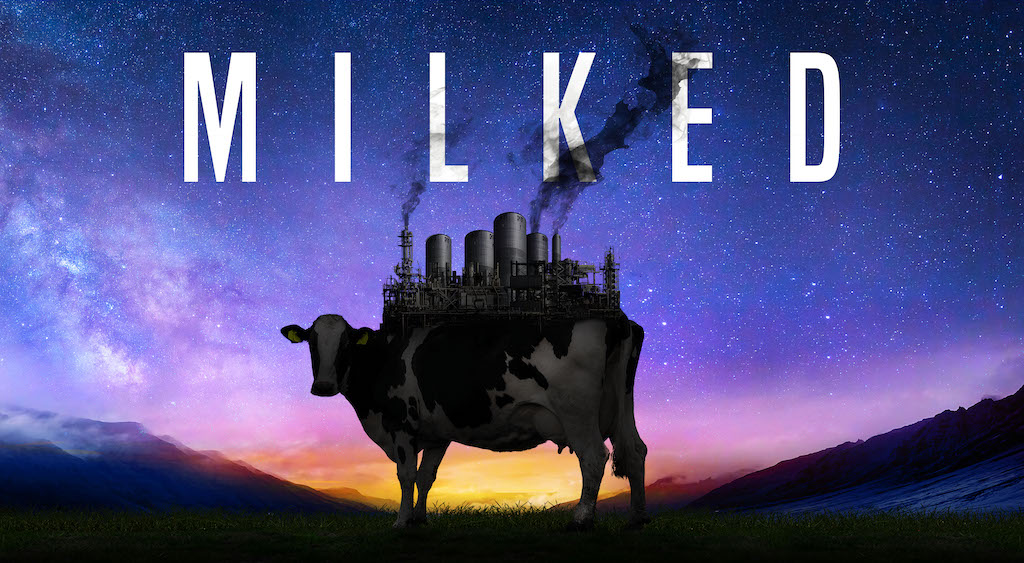4 Mins Read
New Zealand Government officials allegedly took action to dilute Intergovernmental Panel on Climate Change (IPCC) report recommendations. Official records demonstrate that representatives made the case for replacing a recommendation of plant-based diets with ‘healthy diets’. India and Kenya supported the motion. Germany and Sweden opposed the move.
It appears that New Zealand took umbrage at some of the wording in the ‘Summary for Policymakers’, a list of suggested remedial activities for governments to implement to help combat the climate emergency. Their request to change a paragraph to read “recommending a shift to healthy diets” instead of “plant-based diets” was accepted. The move has been criticised due to clear scientific evidence, contained elsewhere in the IPCC report, that meat and dairy generate far more emissions than plant-based foods.

The problem with plant-based terminology
The term plant-based is included throughout the IPCC report, more than 50 times. It was in the summary, the most-read section, that New Zealand took a line-by-line editing stance. Officials are reported to have argued against the wording in two specific sections, supported by fellow agricultural nations.
The first amendment saw references to vegan and vegetarian diets removed in favour of “balanced sustainable healthy diets”. Germany opposed the move but was overruled. In the second instance, a chart illustrating lifestyle changes that would reduce food emissions signposted “plant-based foods” directly. This was ultimately changed to “balanced sustainable healthy diets”. Sweden fought for the original wording to remain but was outvoted by New Zealand and its supporters.
The game of semantics was defended by a Ministry for the Environment spokesperson, who noted that “sustainable healthy diets” was a widely accepted term used by the UN’s Food and Agriculture Organisation and the World Health Organisation, which all governments agreed to.

New Zealand’s motivating factors
As a result of New Zealand’s amendments, accusations of climate change denial and polluter protection have been levied at the country’s officials.
“Along with the New Zealand Government’s failure to take real action to reduce agricultural climate pollution here at home, they’re also working to sabotage global efforts to do the same,” Christine Rose, a Greenpeace agriculture campaigner, said in a statement.
“It smacks of meat and dairy industry influence, and we challenge Climate Minister James Shaw to stop New Zealand officials undermining critical efforts to avert the climate crisis. The intensive dairy industry is New Zealand’s biggest climate polluter and if this Government is serious about climate action we need to see a fundamental shift away from industrial agriculture to more plant-based regenerative organic farming.”
When asked about the motion, Shaw initially appeared unsure why it had been levelled. He later released a statement that he supported his representatives, but felt it would be better to stay out of such debates in future as it created a negative impression.
“However, in my view, regardless of any merits in this case, New Zealand should avoid adopting positions in these negotiations that could leave the impression we are working to protect our largest industries at the expense of the climate,” Shaw iterated in a press address. “We push back very strongly against petro-states’ efforts to protect their fossil fuel industries. We should strive to avoid any similar conflict of interest. I will be discussing this further with officials next week.”

The minority fighting back
New Zealand’s diplomats don’t represent the feelings of everybody in the country, including its businesses. There’s a rising number of climate-aware individuals and companies looking to break the nation’s dependence on dairy and meat exports.
The domestic dairy industry won’t be looking forward to the release of Milked, a new documentary that exposes common practices in the dairy farming sector. Having premiered last October, the film is already causing a stir thanks to its revelations that what was once the pride of the nation is now its biggest environmental, health and ethical threat.
In terms of producing alternatives to animal meat and dairy, more companies are stepping up to the plate. Sunfed, Berkano, Vince, Daisy Lab, Sustainable Foods and Off-Piste are leading the charge. Alongside, big brands are seeing the country as a potential growth market. Impossible Foods just made its beef available in grocery stores for the first time.
Lead image includes Climate Minister James Shaw.




